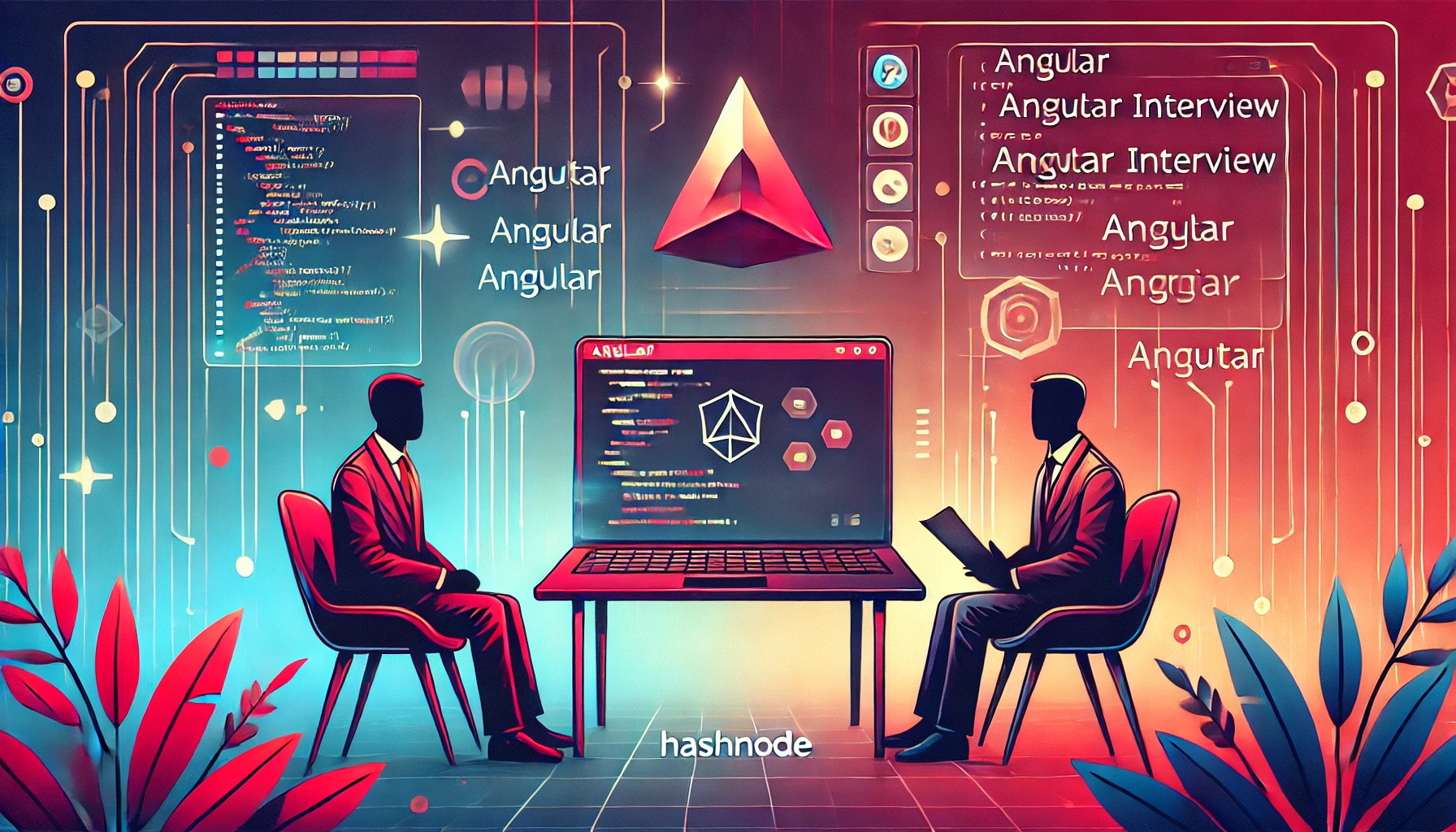Mastering Intermediate Interviews and Elevating Your Career: A Comprehensive Guide
 Binshad
Binshad
Landing an intermediate-level role is a pivotal step in your career journey. It’s the bridge between entry-level foundational skills and senior-level expertise. However, navigating technical interviews and strategizing career growth can feel overwhelming. This guide breaks down actionable strategies to ace your interviews and confidently level up your career.
Part 1: Crushing Intermediate Technical Interviews
1. Understand the Interview Structure
Intermediate roles often test technical depth, problem-solving agility, and practical experience. Interviews typically include:
Coding challenges (LeetCode-style or real-world problems)
System design scenarios (e.g., design a URL shortener)
Behavioral questions (e.g., “Describe a time you overcame a technical hurdle”)
2. Tackle Common Technical Questions
Sample Topics by Role:
Software Development:
Algorithms: Reverse a linked list and implement DFS/BFS.
Concepts: Explain SOLID principles and OOP vs. functional programming.
Debugging: Optimize a slow SQL query.
Data Science:
- Explain bias-variance tradeoff and write a Python function to clean datasets.
DevOps:
- Design a CI/CD pipeline and troubleshoot a Kubernetes deployment.
Pro Tip: Practice on platforms like LeetCode, HackerRank, or CodeSignal. Focus on patterns (e.g., two-pointer technique) rather than memorizing solutions.
3. Master System Design
Intermediate engineers are expected to design scalable systems. Use this framework:
Clarify requirements (e.g., traffic volume, latency needs).
Sketch high-level architecture (APIs, databases, caching).
Dive into tradeoffs (SQL vs. NoSQL, load balancing strategies).
Example Question: Design a ride-sharing app. Highlight how you’d partition microservices or handle real-time location updates.
4. Ace Behavioral Questions
Use the STAR method (Situation, Task, Action, Result):
Situation: “My team faced frequent API downtime.”
Action: “I led migration to a RESTful architecture with retry mechanisms.”
Result: “Reduced downtime by 70%.”
Common Questions:
“How do you handle conflicting deadlines?”
“Describe a project you’re proud of.”
Part 2: Leveling Up Your Career
1. Invest in Continuous Learning
Technical Skills: Take advanced courses (e.g., cloud certifications, Kubernetes).
Soft Skills: Improve communication via workshops or Toastmasters.
Stay Updated: Follow blogs (e.g., DevOpsCube, freeCodeCamp) or podcasts (e.g., Syntax FM).
2. Build a Strong Professional Brand
GitHub Portfolio: Share projects with clean, documented code.
Blogging: Write tutorials on Hashnode to showcase expertise.
Networking: Engage in tech communities (LinkedIn, Twitter, local meetups).
3. Seek Mentorship and Feedback
Find mentors via platforms like ADPList or internal company programs.
Request feedback post-interviews or after project completions.
4. Take Ownership of High-Impact Projects
Volunteer for tasks that stretch your skills:
Lead a cross-functional initiative.
Optimize legacy codebases.
Mentored junior team members.
5. Strategize Your Career Path
Set SMART goals (e.g., “Become a team lead in 18 months”).
Explore lateral moves (e.g., backend to DevOps) for diversified experience.
FAQs: Addressing Common Concerns
Q: How do I handle interview anxiety?
A: Simulate real interviews via platforms like Pramp. Practice mindfulness techniques (e.g., deep breathing) to stay calm.
Q: What if I don’t know the answer?
A: Be honest! Walk through your thought process: “I haven’t worked with Kafka, but I’d start by reviewing its docs and testing pub/sub patterns.”
Q: How do I pivot to a new tech stack?
A: Build a project using the stack (e.g., MERN for web dev) and highlight transferable skills (problem-solving, architecture design).
Final Thoughts
Intermediate roles are about proving you can solve problems independently and grow into leadership. By methodically preparing for interviews and proactively steering your career, you’ll unlock new opportunities. Remember, every interview is a learning experience—stay curious, and stay persistent.
Your turn: What’s your biggest interview or career challenge? Share in the comments!
Subscribe to my newsletter
Read articles from Binshad directly inside your inbox. Subscribe to the newsletter, and don't miss out.
Written by

Binshad
Binshad
💻 Exploring the intersection of technology and finance. 📈 Sharing insights on tech dev, Ai,market trends, and innovation. 💡 Simplifying the complex world of investing